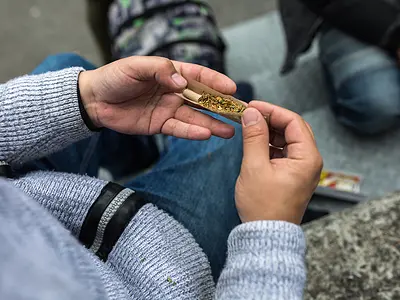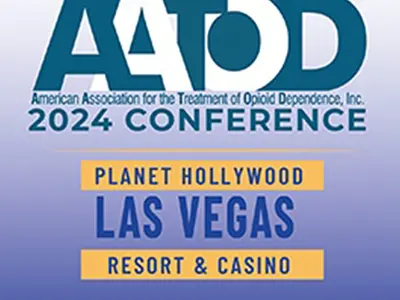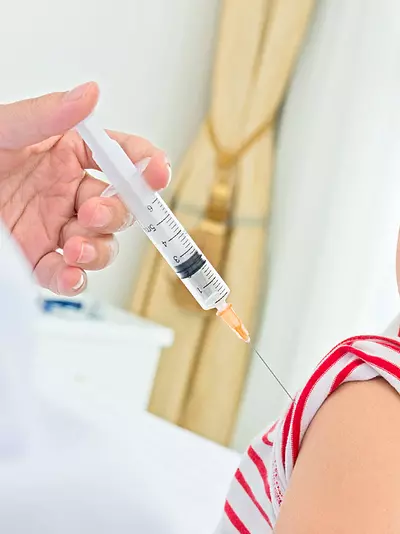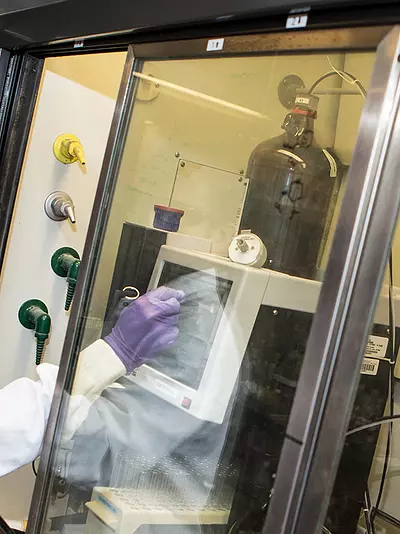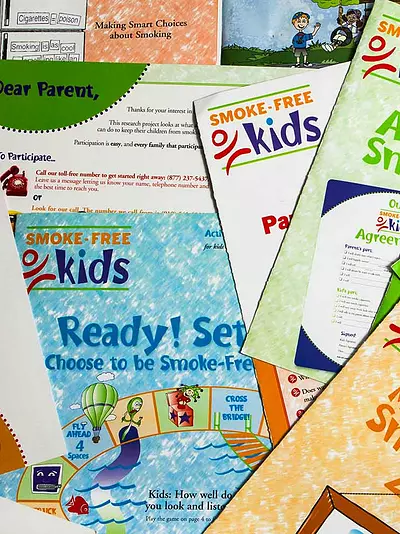Developing data-driven strategies to improve substance use prevention, intervention, and treatment programs
The overdose epidemic is one of the biggest public health emergencies of our time. In 2021, 106,699 people in the United States died of a drug-involved overdose—a 51% increase from 2019. Of those, more than 70,000 died of an overdose from synthetic opioids, such as fentanyl. To effectively address the evolving nature of the overdose epidemic, a data-driven, multidisciplinary approach must be implemented across the full spectrum of prevention, intervention, treatment, and recovery.
Since 1988, RTI International has collaborated with the Substance Abuse and Mental Health Services Administration (SAMHSA) on the National Survey on Drug Use and Health (NSDUH), an annual survey that collects data on the scope of substance use and mental health issues across the United States. The study, which is administered to more than 67,000 people each year, includes questions on past year and lifetime use of alcohol, cannabis, heroin, opioids, cocaine, methamphetamines, and more.
Using decades of NSDUH experience as a foundation, we are exploring evidence-based approaches to address the scope of the overdose epidemic from several key angles.
Substance Use Prevention Research
According to data from the 2021 NSDUH, 26,000 Americans 12 years of age or older started using heroin in the past year, while 1.8 million started misusing prescription pain relievers. One of the best ways to address and respond to the current crisis is to limit substance use initiation—especially among groups at risk for misuse, like adolescents and young adults. RTI experts have conducted wide-ranging research on the prevention of substance use, including:
- implementation and evaluation of local, state, and national initiatives to prevent substance use
- development and evaluation of marketing and communications campaigns
- education of primary care providers and pharmacists to inform policy changes
Substance Use Intervention Research
Harm reduction initiatives are essential for reducing stigma, preventing fatal overdoses, and keeping people who use drugs as healthy as possible. The implementation of evidence-based interventions—including naloxone distribution, syringe service programs (SSPs), and safe consumption sites—have been proven to lessen the consequences of illicit drug use. RTI has a deep understanding of the need for trauma-informed harm reduction strategies. Our staff can conduct:
- observational studies focused on the changing risk environment for people who use drugs
- evaluations of local, state, and federal harm reduction programs
- surveys that collect data from people who use drugs, SSPs, and other stakeholders
Substance Use Treatment and Recovery Research
Approximately 24 million Americans 12 years of age or older met the criteria for a drug-related substance use disorder (SUD) in 2021, but only 10% received treatment. Despite a broad consensus that SUDs are the result of a complex brain condition, they continue to be widely stigmatized, which can lead to resistance to seek treatment.
However, SUDs are treatable and full recovery is possible with a combination of medications, behavioral therapies, and counseling. Treatment using medications for opioid use disorder—including buprenorphine, naltrexone, and methadone—has been proven to reduce death rates by nearly 50%. Despite the effectiveness of medications in reducing mortality, they remain widely underutilized due to misunderstandings among health care providers and lack of availability.
Since 2018, RTI researchers have partnered with the National Institutes of Health (NIH) to support several projects for the Helping to End Addiction Long-term® Initiative (HEAL Initiative®), a multiyear effort to learn about the impacts of the opioid crisis and increase knowledge of effective addiction treatment measures. RTI’s work with the NIH HEAL Initiative® has included a wide range of projects focused on determining the effectiveness of various treatment strategies with an equitable and community-focused lens.
Subscribe to the Substance Use and Opioid Newsletter to receive the latest research insights
Related Projects
American Values and Beliefs About Cannabis Legalization
Read More about American Values and Beliefs About Cannabis Legalization



















